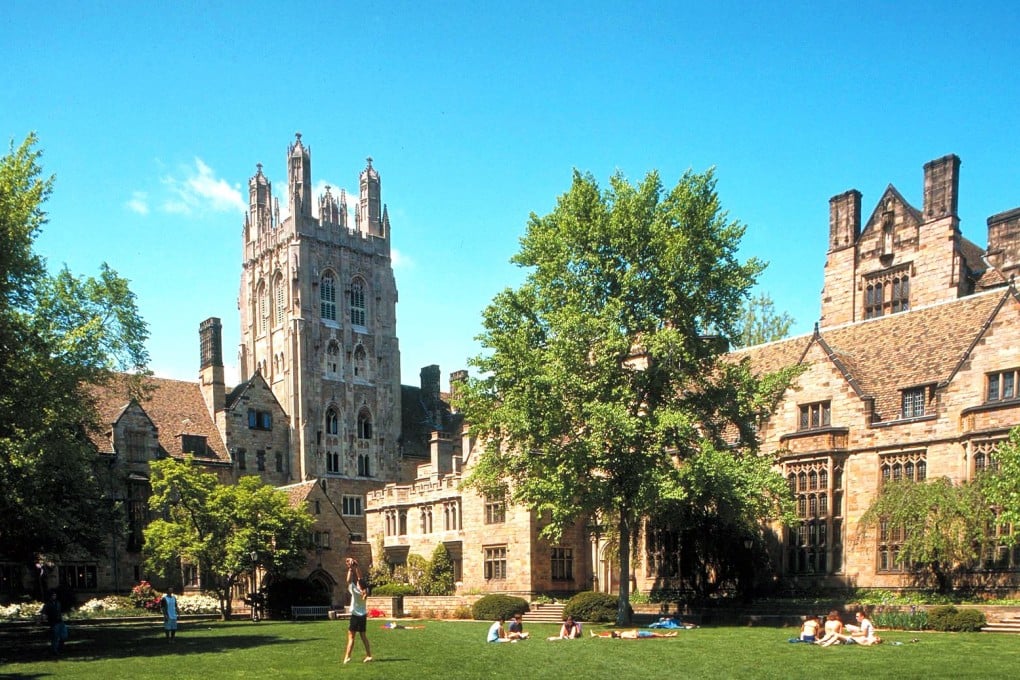
Since I began my life and studies at Yale University, one question I have frequently been asked by friends in China is: what’s so special about Yale?
It’s a big question and someone could probably write a doctoral paper on this topic or the wider subject of the education system in the United States. In this column, and perhaps also in upcoming columns, I will try to explain, from my personal experience, what is special about Yale. I also want to discuss what is special about “Yale kids”. After all, in my view, no university can possibly be a good one without talented students who demonstrate their potential to be future world leaders in different fields.
Given Justin’s invaluable hands-on experience in global affairs – even though he is so far an undergraduate with one more semester to finish before he can get his first degree – I don’t think he will have much trouble finding a nice job in what is a highly competitive market worldwide these days.
Justin is not alone. At Yale, I met many young and talented students who wear different hats instead of simply being a Yale student. I think that’s how they make themselves stand out, and this may also explain why those “Yale kids” are so special. By age, they may be called “kids”. By academic knowledge and global experience, they can in some cases probably beat many of us who are now in our 30s or 40s. Don’t look down on those “Yale kids”. Some have already become US president or secretary of state – and soon perhaps we will have another “Yale kid” as the first woman president of the United States.
